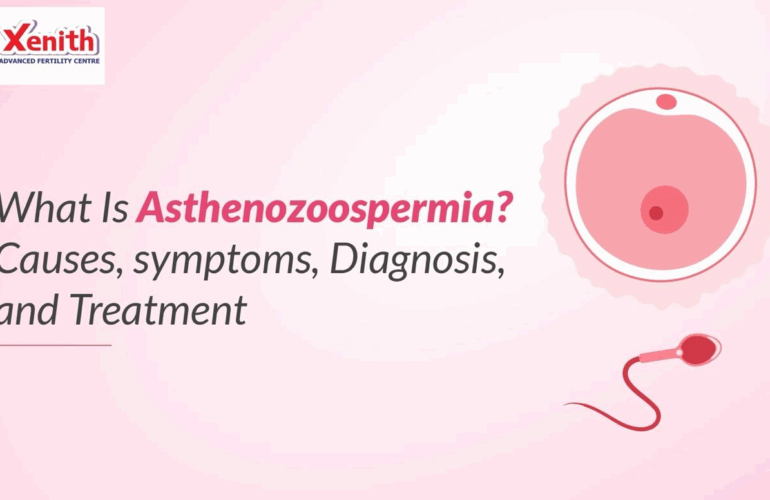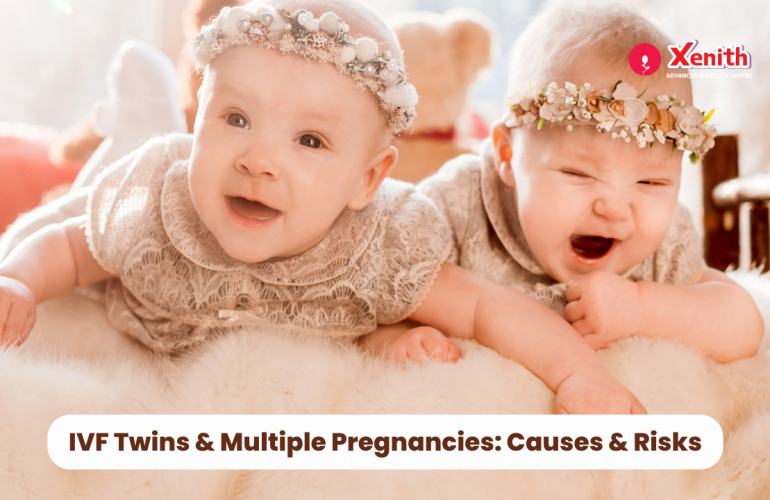Endometriosis is a debilitating condition that affects about 10% of women at reproductive age, according to the World Health Organization. The pain can be chronic affecting the quality of life and in some women, it can result in losing ten hours a week from work or study, per reports. Endometriosis is one of those things that women often don’t talk about, suffering in silence, but the earlier it can be diagnosed the better the treatment outcomes.
What is the endometrium?

Free Thursday Consultation
Book Your AppointmentThe endometrium is the tissue lining the uterus. Every month to prepare for the ovulation cycle, the endometrium gets thicker and it is at its thickest right before ovulation. An environment is created within the womb that is ripe for fertilization. In the IVF process, this is the time to prepare for embryo implantation. If fertilization does not take place at this time, the outer tissue lining is shed through menstruation.
What is endometriosis?
Endometriosis is a female disorder in which an abnormal tissue resembling the endometrial tissue, but growing outside the uterus. This tissue behaves similar to the endometrium in that it also responds to the hormones that affect the menstrual cycle. It too thickens before ovulation and during menstruation, it bleeds into areas where it shouldn’t, but there is nowhere for the waste tissue and blood to go.
This rogue tissue can develop anywhere in the body, but it usually affects the pelvic area including the ovaries, fallopian tubes, tissues that support the uterus, and outside of the uterus. Endometrial tissue can also develop in other areas including the abdominal cavity, digestive tract, urinary bladder, lungs and even around the heart.
How can endometriosis cause infertility?
Even though this tissue is not cancerous, it can lead to scarring and adhesions where the tissue binds the pelvic organs together. It can block the fallopian tubes making it harder for the sperm to reach the egg or grow into the ovaries affecting egg growth and can also prevent the embryo from implanting. Formation of cysts due to trapped blood can cause chronic inflammation in the pelvis which can result in pain. Tissues could also fuse together, leading to changes in the reproductive organs. As tissue decomposes, scar tissue can form and it can gradually worsen over time.
What are the symptoms of endometriosis?
In many cases, women may not experience any signs and symptoms but when they do, common symptoms can include:
- Pelvic and abdominal pain and cramping especially during menstruation and sex
- Heavy bleeding and painful periods lasting longer than 7 days or bleeding between periods
- Pain during bowel movements and urination (especially during periods)
- Fatigue, diarrhea, constipation and bloating
- Blood in the stool or urine
- Nausea and vomiting
- Difficulty becoming pregnant if left untreated
- Chronic lower back and pelvic pain
How can endometriosis be diagnosed?
It can be difficult to diagnose because the symptoms are very similar to many other disorders and they vary so much from person to person depending on the severity. It can be diagnosed by having a pelvic exam, going through imaging tests such as an ultrasound or MRI scan, laparoscopy, or getting a biopsy. Surgical laparoscopy is a procedure where the doctor inserts a laparoscope through a small incision to look at the tissue and is a sure fire way to confirm a diagnosis as well as treatment for endometriosis.
What are the different stages and types of endometriosis?
There are four stages to describe the severity of endometriosis ranging from minimal to severe.
Stage 1: Minimal-few shallow implants or tissue growths and no significant scar tissue
Stage 2: Mild- more implants that stage I and also may have some scar tissue
Stage 3: Moderate-multiple, deep implants, both superficial and deeply invasive. Adhesions or thick bands of scar tissue may be present on the tubes and ovaries
Stage 4: Severe- multiple deep implants and adhesions as well as large cysts
The stages of endometriosis are not specifically linked to levels of pain. But the risk of infertility appears to increase as the stages progress.
What is the treatment for endometriosis?
There is currently no cure for endometriosis but various treatment options may help manage symptoms like pain management through hormonal treatments. Women with Stage 1 and 2 endometriosis may be able to conceive naturally. Cysts or scar tissues may be surgically removed, to improve your chances of getting pregnant.
Other treatment options will first need to consider a few factors in order to determine the best treatment for you specifically. Some of these factors include your age, the severity of your symptoms, the severity of endometriosis itself and whether you want to have children.
What options do women with endometriosis have to conceive?
To improve fertility for females who have mild or moderate endometriosis, our doctors at Xenith Advanced Fertility Clinic will usually recommend a laparoscopy to remove or vaporize the growths followed by an IUI.
If pregnancy still doesn’t happen, In Vitro Fertilization (IVF) could be the best option for couples desiring to have children of their own. IVF involves using hormones for the woman to produce more than one mature egg at a time after which the eggs are collected, fertilized with your partner’s sperm in a lab setting. Fertilization takes place and the resulting embryo is transferred back to the woman’s uterus for implantation.
During pregnancy, the symptoms of endometriosis could disappear since there is no menstruation during this time. If endometriosis is affecting your fertility, please don’t lose hope of having a baby. Reach out to a fertility specialist at Xenith Advanced Fertility Clinic near you – in Wakad or Koregaon Park.




